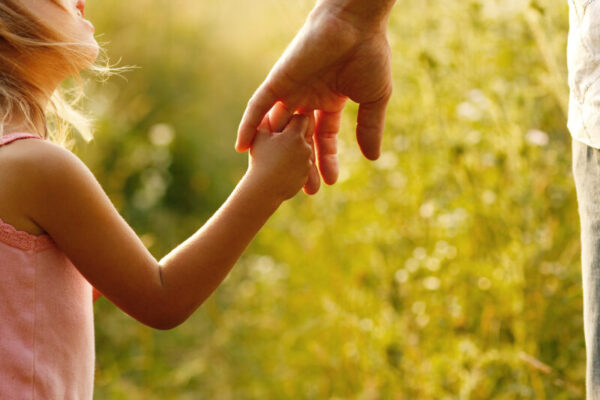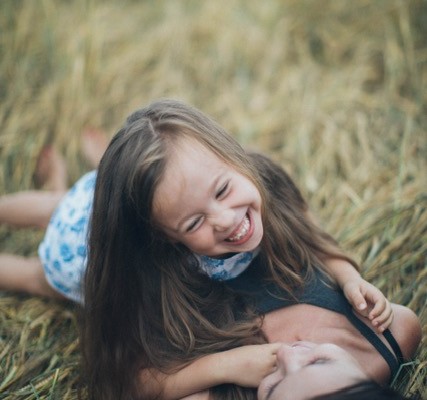Having lived in Europe for over half my life, I’ve seen many different UNESCO( United Nations Educational, Scientific and Cultural Organization ) sites. From the Colosseum to the Loire Valley, to the Acropolis; a world heritage site is a protected area for having historical, scientific, or other natural or cultural features considered to be of outstanding value to humanity.
The other day, I was watching a sea of little smiling faces bobbing out of cargo bikes zooming all over Copenhagen, listening to the joyful sounds of free play in the park and the overall sensation of calm around children, and I couldn’t help but wonder if childhood could go on the list of protected heritage sites in Denmark.
Many Danes don’t realize how extraordinary it is to be a parent in Denmark compared to other places. The entire culture seems to esteem childhood, from employers to parents, to teachers and the government. It’s woven so tightly into the cultural fabric that most Danes would have to squint to see how uniquely special the design truly is.
“I have been pleasantly shocked at how society helps parents here” says Emilie Hjortsø, a Danish citizen who lived abroad much of her life and just moved back with her 2 children last year. “I always knew about it growing up, but now, as a mom, I am experiencing it. They really care about kids. It’s wonderful”.
Taking time off to have children, is not only normal, it’s expected. To make a contrast, I’ve interviewed numerous parents in other countries, who struggled enormously after their first baby was born with little time off. Many said they deeply regretted how they treated co-workers before becoming parents themselves. “I had no idea how hard it was” is a sentence one often hears. But how can anyone really know what childrearing entails if society doesn’t teach its citizens to respect it, and give the necessary support to get by and, dare say, enjoy it?
From the belief that simple free play is learning, to teaching empathy, to a more democratic approach to discipline or the power of hygge, Danish parenting has slowly become more widely known across the globe. Seeing as Denmark consistently lands in the top 3 as one of the happiest countries in the world for over 40 years in a row, clearly, they’re working with some good ingredients. How we raise children is, by default, a big part of one’s cultural heritage because we naturally pass on what we learn. And so, it begs to question; are these ingredients worth preserving?
Sometimes it just takes a reminder from an outside perspective, to see what is beautiful and sacred in our own land. This is how legacies are not lost, and future generations can continue to learn from them. So, next year when UNESCO decides if there is something else worth protecting in Denmark that’s of value to humanity, I vote for parenting and childhood. With ingredients like these, the proof is in the pudding.
As featured in The Copenhagen Post





